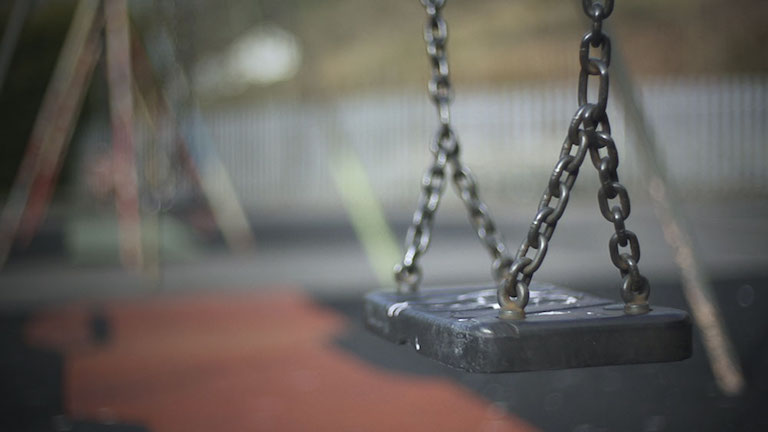
After watching two very different documentaries this week I thought this would be the perfect time to explore the importance of trust when filming in very distinct communities.
The first of the documentaries was BBC’s Valleys Rebellion, which had actor Michael Sheen retracing the steps of the Chartists down the Gwent Valley. It looked at the violent uprising of the past but also the views of the people who live there now. Unfortunately it was only broadcast in Wales.
The second documentary was Immigration Street, focusing on a street in Southampton where 85% of residents are immigrants. Behind it was the same production company who produced the controversial Benefit Street. Perhaps that explains how quickly it descended into chaos as large parts of the community decided they did not want to be the subject of a documentary. For all the claims it had no intention to show the subject matter in a negative light, by consistently ignoring the community and allowing things to escalate it sure ended up that way.
The role of a documentary filmmaker is to show the truth balanced against their responsibility not to exploit people. It’s tough and not everyone gets that balance right. And some people will always disagree on whether a documentary can be made without some form of exploitation. You will always have the voice of the filmmakers behind the truths they decide to show you in the edit.
What we’ve learnt from filming in very close-nit communities in the Valleys (and even in the housing estates of London) is if people trust you they will help you. If they don’t, you can guarantee that everybody in that community will make life very difficult. If you don’t listen then its not surprising when things escalate like they did on Immigration Street.
Ironically on BBC 2 Wales the same night had Michael Sheen telling the story of what happens when communities come together in anger to stand up for its rights. Yet here we celebrate the Chartists, who turned to violence when their protests were ignored.
Having made films with Blaenau Gwent communities ourselves, I know that the crew behind Valley’s Rebellion would have been given a warm welcome from the locals. The people they featured would have been more than happy to discuss the area’s history and show that they still had fight in them.
So how do you gain trust in a community? Well for us it’s very simple. In most communities there will be an organisation at its heart. This could be a charity, a community centre, a school, or a voluntary organistation. Basically anywhere where someone has relationships and is trusted by everyone in that community.
If you want to gain that trust you talk to them first and you explain what you want to achieve and why. If they feel it will help that community in anyway they will back you up 100%. More importantly everyone else in the community will start to trust you because of it.
I would hate for the fall out of Immigration Street to perpetuate the idea that communities are looking to “censor” filmmakers. In context the mash up of documentary/reality TV, as entertaining as it is, has damaged the general public’s perception of filmmakers. Programs like MTV’s The Valleys already made everyone in South Wales cautious of anyone pointing a camera in their street. And can you blame them? As filmmakers we can’t be blind to it and be shocked when our motives are questioned. Just saying “we aren’t like that” wont cut it anymore.
If you know these areas you’ll know they are built on self-preservation and a strong sense of togetherness. They have to look after each other because no one else does. This is true the world over. If you want to be let in to that world then you’re going to need more than “good intentions.”
